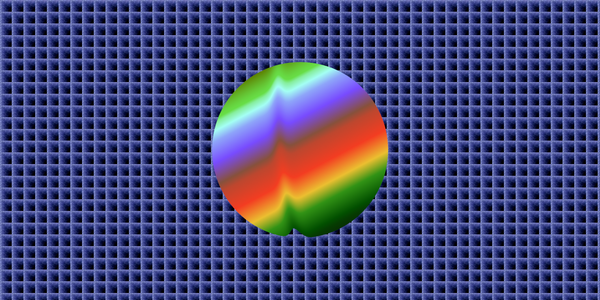How to Speak when Silenced: Artistic Freedom in Europe

How well is artistic freedom safeguarded in Europe? With Matej Drlička, Kateřina Tučková and Daria Bukvić we discuss recent incidents and ask what it takes to strengthen the resilience of the arts.
Last summer, Matej Drlička, the director of Slovakia’s oldest and most renowned theatre, was fired by the country’s hard-right culture minister, Martina Šimkovičová – just one day after the dismissal of the respected director of the Slovak National Gallery. The minister cited several reasons for her unexpected move, including “political activism” and Drlička’s alleged preference for foreign opera singers over Slovak ones. Many viewed this as an unacceptable ideological replacement, driven by Fico’s government, in an attempt to control the cultural sector. Is this just the beginning? A warning for the rest of Europe?
Matej Drlička, Georgian-German novelist and director Nino Haratischwili, and Daria Bukvić, artistic director of Oostpool, discuss the international struggle for artistic freedom. In many countries, right-wing parties tend to restrict artistic and expressive freedoms. What does the silencing of artists look like? And how can we resist attacks on cultural freedom and institutional independence?
About the speakersMatej Drlička is a musician, and the former director of the Slovak National Theatre. In 2024 he received the French Knighthood of the Order of Arts and Letters award from French Culture Minister Rachida Dati in recognition of his longstanding involvement with culture and the excellent work he’s done at the helm of the Slovak National Theatre. His dismissal by Fico’s government became a symbol of growing state control over cultural institutions.
Nino Haratischwili, born in 1983 in Tbilisi, is a Georgian-German author, playwright, and director. She gained international recognition for her multi-generational saga The Eighth Life (for Brilka), which has been translated into over 25 languages and has won numerous literary awards. Haratischwili has written over 20 plays and several novels, often exploring themes of history, identity, politics, and personal trauma. Her novels include Juja (2010), Mein sanfter Zwilling (My Gentle Twin, 2011), Die Katze und der General (The Cat and the General, 2018), and Das mangelnde Licht (The Lack of Light, 2022).
Daria Bukvić is a Bosnian-Dutch theatre director and artistic director of Theater Oostpool, known for challenging dominant narratives through bold, socially engaged productions. Her work centers on themes of migration, identity, and inclusion, often spotlighting underrepresented communities. Bukvić is a strong advocate for diversity and accessibility in the arts. Through her leadership, she continues to push for structural change in the European theatre landscape.